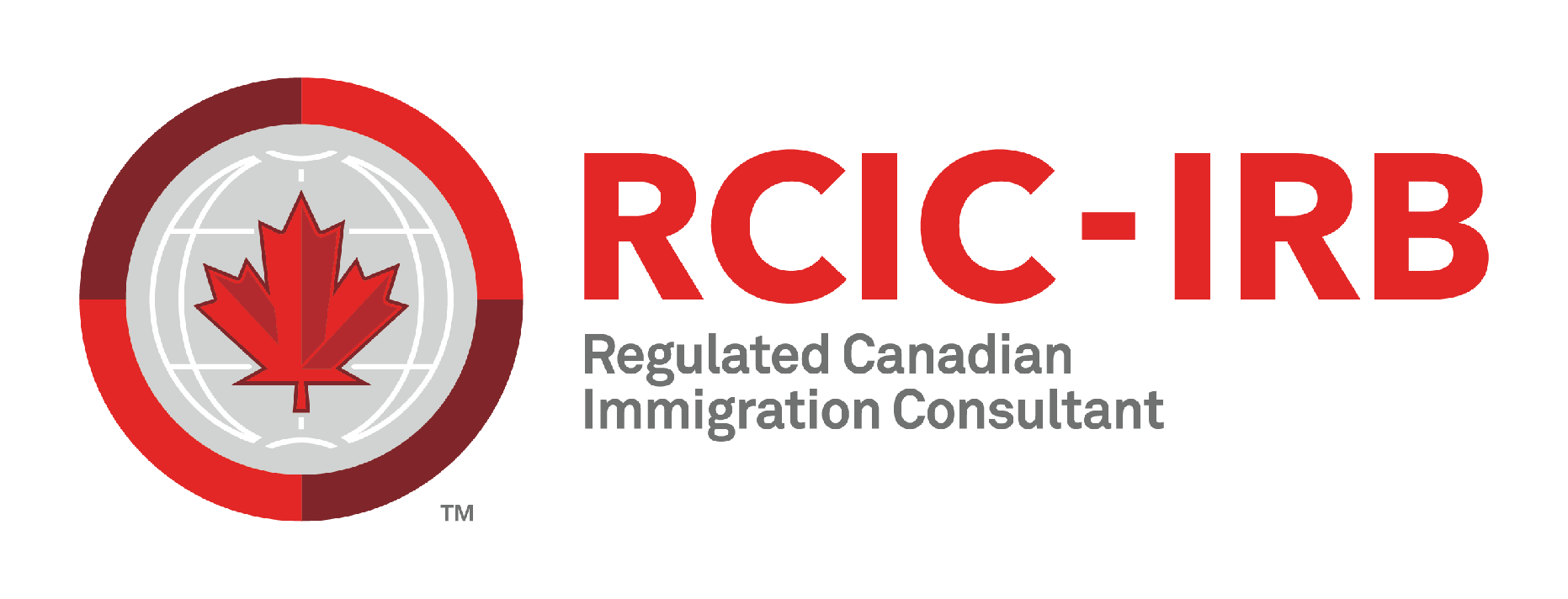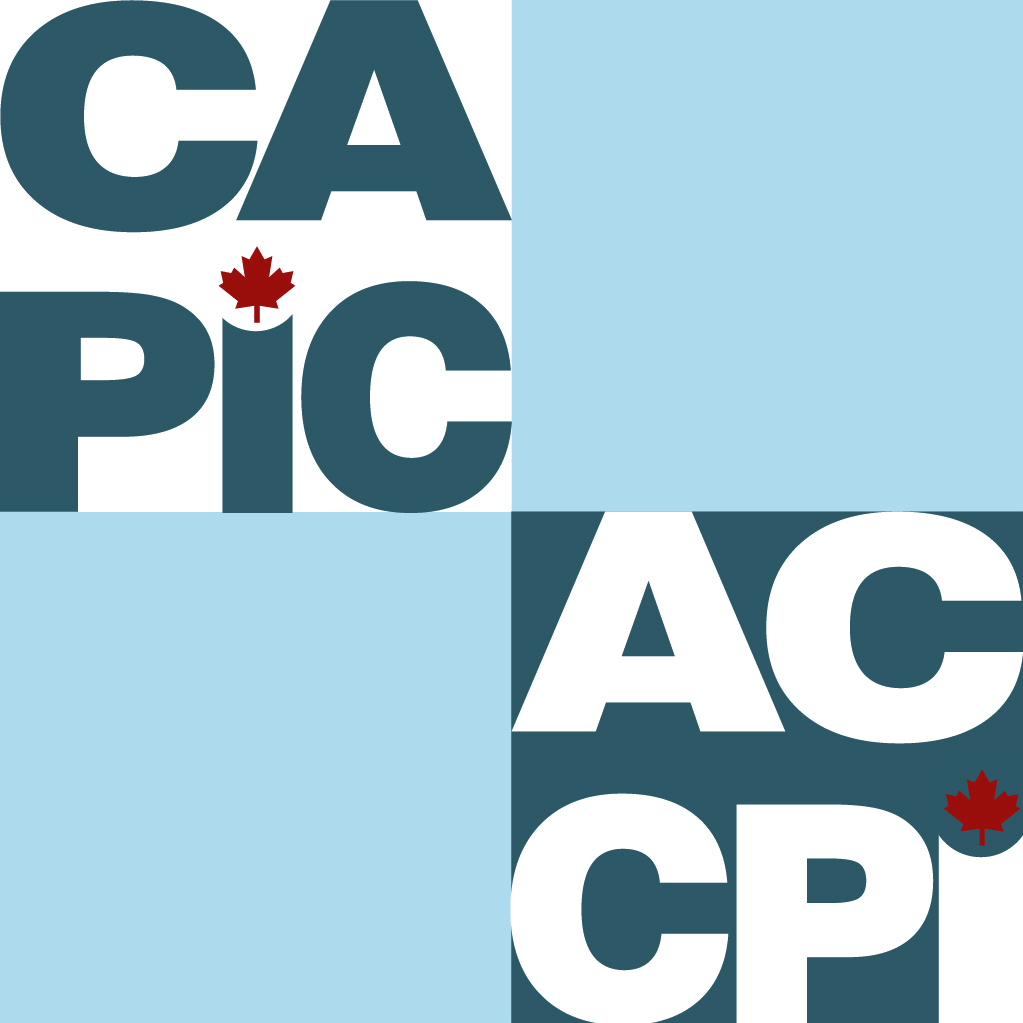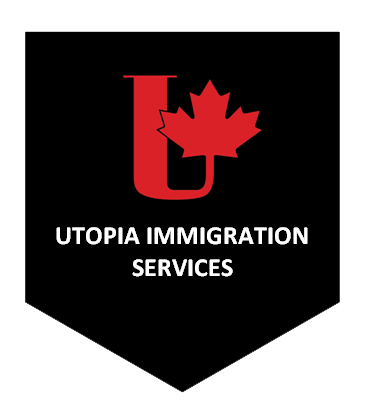
Immigration Programs
There are currently many programs available for individuals who wish to immigrate and settle in Canada. All applications are assessed on certain requirements, qualifications and regulations.
You may need to meet some health and security requirements. For example, you may have to get a medical examination or security check to show if you have any past criminal record or convictions. Depending on the immigration program, applications are either made from outside or inside Canada.
Our immigration professionals will be happy to assist you determine what immigration program fits your qualifications. Start your Free Assessment with us and we will assist you in achieving your immigration goals.
FEDERAL SKILLED WORKER (FSW)
The Federal Skilled Worker (FSW) program is created for individuals who are selected to immigrate to Canada based on their work experience and skills.
As of January 1, 2015, applicants of the Federal Skilled Worker Program (FSW) will be required to apply through the Express Entry System. If you have applied before January 1, 2015, your application will be considered according to the previous system.
FEDERAL SKILLED TRADE PROGRAM (FSTP)
The Federal Skilled Trades Program (FSTP) is designed for individuals who want to become permanent residents of Canada because of being qualified in a specific skilled trade. To be eligible to apply under the Federal Skilled Trades Program (FSTP), the applicant must have at least 24 months of full-time (or equivalent) in a skilled trade before applying.
CANADIAN EXPERIENCE CLASS (CEC)
The Canadian Experience Class program (CEC) is created for individuals who gained the work experience in Canada and wish to immigrate to Canada based on their work experience and skills. To be eligible to apply under this category, you must have at least 12 months of full-time (or equivalent) skilled work experience in Canada.
BUSINESS CLASSES: INVESTORS, ENTREPRENEURS, AND SELF-EMPLOYED
The Business Immigration Program aims to attract and select experienced business people based on their ability to become economically established and support the development of the Canadian economy. Business immigrants are expected to make investment or to own and manage businesses in Canada, and must meet certain experience and/or net worth requirements.
There are currently three classes of business immigrants:
-
start-Up Visa (SUV)
-
Provincial Investor Programs
-
Self-employed persons
PROVINCIAL NOMINEE PROGRAMS (PNPs)
Almost every province and territory in Canada have an agreement with the Federal Government that allows them to nominate foreign nationals who want to become a permanent resident .
Provincial and territorial governments are using the Provincial Nominee Programs (PNPs) to select immigrants to their regions. Each PNP is created to meet the province's/territory's specific needs, it also allows to invite nominees who will be able to settle into life and work in the province/territory and to effectively contribute to the Canadian community.
FAMILY CLASS
The Family Class program allows Canadian citizens and permanent residents to sponsor a relative or adopted child. In addition, Canadian citizens/permanent residents may be able to sponsor their spouses or partners who wish to become permanent residents of Canada.
To sponsor a family member or adopted child, you must meet certain eligibility requirements, and the people who will be sponsored must also meet some eligibility criteria as well.
CAREGIVER PROGRAM
Canada's Live in Caregiver Program is created for foreign nationals who are qualified to provide care for children, elderly people or persons with disabilities in private homes without supervision. Currently, Live in caregivers from abroad are no longer required to reside with their employers.
Under the Live in Caregiver program, both caregiver and employer must meet specific requirements outlined by the Immigration, Refugee and Citizenship Canada (IRCC) and the Employment and Social Development Canada (ESDC). A caregiver provider must spend at least 30 hours a week of care to the following:
-
Children (under 18 years of age);
-
Elderly (65 or over); or
-
Persons with disabilities.
CONVENTION REFUGEES AND PROTECTED PERSONS
Canada offers refugee protection to refugee claimants in Canada who face persecution in their home country or country where they normally live, or who would face persecution if they returned to that country.
A person can make a refugee claim within Canada when he/she arrives by land, sea or air, or outside Canada if you are sponsored by the government or a private group.
The Immigration and Refugee Board (IRB) makes decisions about refugee claims. They decide if the claimant is a Convention refugee or a person in need of protection.
A Convention refugee is an individual with a well-founded fear of persecution based on:
-
Race;
-
Religion;
-
Political opinion;
-
Nationality; or
-
Membership of a particular social group
A person in need of protection is a person who faces the following threats if they returned to their home country or country where they normally live:
-
A danger of torture;
-
A risk to their life; or
-
A risk of cruel and unusual treatment or punishment.
REFUGEE SPONSORSHIP - GROUP OF 5
A Group of 5 (G5) is five or more Canadian citizens or permanent residents who have arranged to sponsor a refugee living abroad to come to live in Canada. The sponsored person must be a recognized Convention refugee by UNHCR or foreign state and be outside Canada. In addition, the sponsored person must not have a previous sponsorship rejection.
The G5 members must be at least 18 years of age and must provide emotional and financial support for 12 months and settle in or have representatives in the area refugee will live.
HUMANITARIAN AND COMPASSIONATE (H&C)
H&C category is created to allow people who would not normally be eligible to become permanent residents of Canada to apply on humanitarian and compassionate reasons.
H&C grounds basically apply to people who would suffer excessive hardship. Each of H&C cases are considered unique and, as a result, the Immigration, Refugee and Citizenship Canada (IRCC) evaluate these applications on a case-by-case basis. Factors that may applied to H&C grounds include:
-
how settled the person is in Canada
-
general family ties to Canada
-
the best interests of any children involved, and
-
what could happen to you if the immigration authorities do not grant the request.

Copyright © Utopia Immigration Services 2017, All Rights Reserved Member of
Member of 




